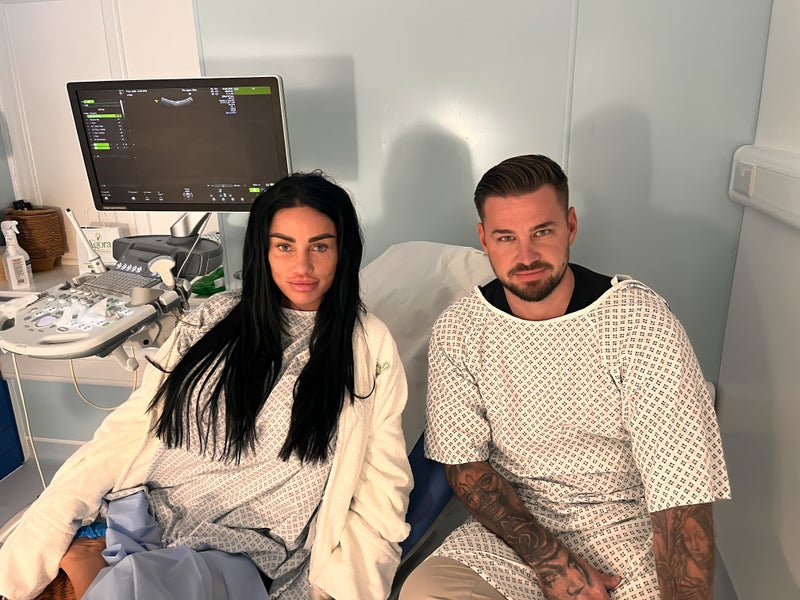‘It’s just a bit of DNA’: The reality of being an egg donor in your 20s
Share:
‘I’m not using them – I’m literally just flushing them away,’ says Katie Higgins, when asked why she chose to donate her eggs. It was by chance that Katie, who was then 28, first considered egg donation when she glanced up at a billboard and saw an advert for the London Egg Bank.
![[Women in their 20s reveal why they?re donating their eggs]](https://metro.co.uk/wp-content/uploads/2024/12/SEI_232979301-4cf0-e1734021753739.jpg?quality=90&strip=all&w=646)
‘I’ve always felt enthusiastic about helping people,’ she says. At the time, Katie was working as a primary school teacher. ‘I’d spent a lot of my life around children and I wasn’t sure about the thought of becoming a mother, and coming home to more.’.
![[Women in their 20s reveal why they?re donating their eggs]](https://metro.co.uk/wp-content/uploads/2024/12/SEI_232979284-e1734021850115.jpg?quality=90&strip=all&w=646)
The process of egg donation is similar to the initial stages of IVF. Donors self-administer hormone injections for around 10 to 14 days to prepare for egg retrieval, stimulating the ovaries to produce multiple eggs instead of just one. The donor then undergoes a surgical procedure to collect the eggs from the ovaries.
![[Women in their 20s reveal why they?re donating their eggs]](https://metro.co.uk/wp-content/uploads/2024/12/SEI_232979285-c6c5-e1734021941971.jpg?quality=90&strip=all&w=646)
It takes around two to three months from initial contact with a fertility specialist to collection, involving consultations, screenings, counselling sessions and scans. Egg donation is nothing new of course, but as IVF advances and becomes more successful, the number of those donating is on the rise – although there is still a shortage of Black and ethnic minority donors.
Egg donor registrations tripled from around 500 in the early 1990s to around 1,500 in the late 2010s, according to a 2022 report by the Human Fertilisation and Embryology Authority (HFEA). You can only be an egg donor between the ages of 18 to 35, before natural fertility and egg quality starts to decline. Despite this, many young women say they face mixed reactions when choosing to donate.






















